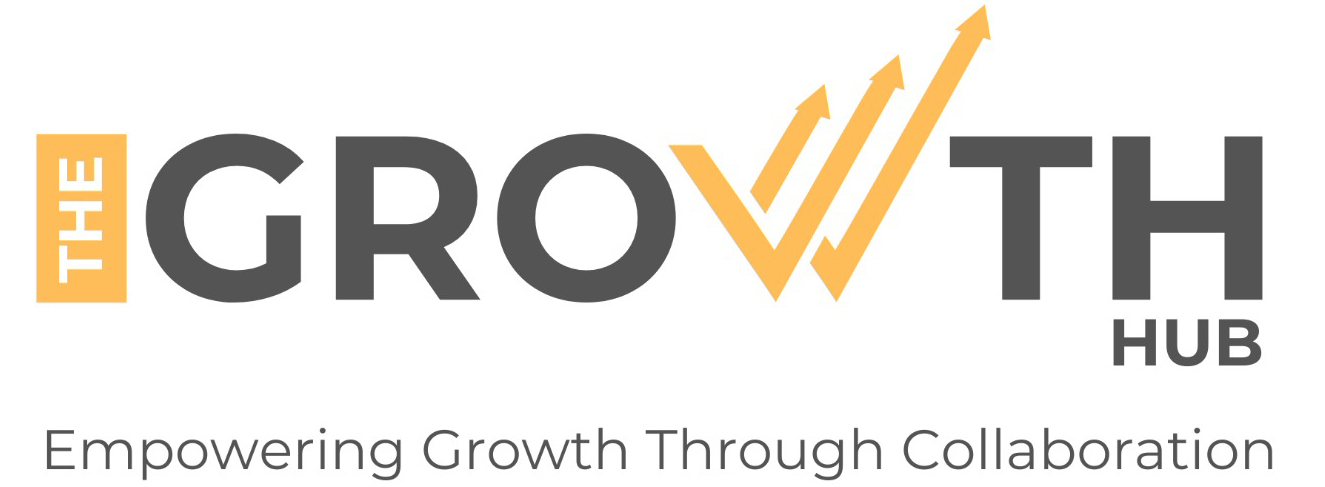
The Daily Routine That Makes Top Business Owners More Productive
The way that we begin, organise, and close our day sets not only our productivity but the way that we lead. Productivity isn't simply getting more stuff accomplished. It's ensuring that what we accomplish really does count. The most successful business leaders don't merely work hard—they work with purpose and clarity.
A 2023 Office for National Statistics study in the UK discovered that entrepreneurs who have a routine daily schedule are 40% more productive than their non-routine counterparts. They're not putting in longer hours. They're not packing their days with busywork. They're prioritising what fuels progress, growth, and influence.
So, the actual question isn't, "How can I accomplish more?" It's, "How can I ensure that what I do actually propel me forward?"
Let's examine how excellent business leaders organise their days—and how you can do the same for your own life.
Begin with Why: Set the Tone for the Day
Most individuals wake up and go directly into work mode. They check their email. They scroll through social media. They respond. But great leaders don't begin their day by responding. They begin by aligning themselves with their purpose.
Richard Branson starts his day with exercise and fresh air since he is aware that his energy affects his leadership. Steve Jobs would stand in front of the mirror and ask himself, "If today were my last day, would I be happy with what I'm about to do?" If the response was no too many times consecutively, he knew something had to change.
Successful entrepreneurs spend a few minutes in the morning on what truly matters. Exercise, meditation, journaling, or simply planning out the day ahead – the intention is the same: set your intentions before the world asks for yours.
Before diving into work, take a second to ask yourself:
What's my top priority today?
How do I want to be as a leader?
What will make today a success?
It's a subtle change, but it makes all the difference.
Control Your Time, or It Will Control You
The best business owners don't simply let the day happen. They plan their time deliberately.
One of the habits of high performers is time blocking—setting fixed times for various work types. Elon Musk and Bill Gates divide their days into brief, concentrated blocks of time, allocating deep work, meetings, and admin tasks to fixed slots. This avoids time wastage and keeps them on track with what really drives the business forward.
A planned day could be as follows:
8:00 AM - 10:00 AM: Concentrated, uninterrupted work on the critical task
10:00 AM - 11:30 AM: Calls and meetings
11:30 AM - 12:30 PM: Admin tasks and emails
12:30 PM - 1:30 PM: Lunch and mental reset
1:30 PM - 3:30 PM: More deep work or creative thought
3:30 PM - 5:00 PM: Checking progress, planning for the next day
There is something powerful about having a clear plan for your time. It keeps distractions out, reduces decision fatigue, and ensures that by the end of the day, you’ve made progress.
But the truth is, here's the real secret: Successful individuals don't only plan their day—successful individuals guard their time. They put up boundaries. They say no to unnecessary meetings. They don't constantly check their emails. They are merciless about what should have their attention.
Ask yourself: Am I intentionally controlling my time, or am I allowing someone else to dictate how my day is going?
Focus on Progress, Not Just Tasks
It's simple to keep a to-do list full of little tasks. Responding to emails. Reading reports. Tweeting. These activities keep us busy, but they do not necessarily make us productive.
The best business leaders don't grade their day on the number of tasks they get done. They grade it on how much progress they make.
One easy step to change your mindset is to jot down three important wins you desire to see daily. Not just tasks but actual accomplishments that further your business.
Rather than writing down "Reply to emails," move to:
Finalise the proposal for a new client
Record a video for customer engagement
Close one important deal or partnership
At the end of the day, you must be able to say, "I moved forward today." Not merely, "I was busy."
Take Breaks Before You Need Them
Most business owners think that longer work hours equal more getting done. The truth? Overwork creates burnout, bad choices, and reduced creativity.
The most productive business owners don't let stress build up before taking a break. They schedule time off in advance before they burn out.
The University of Cambridge's research discovered that taking short breaks frequently enhances concentration and productivity. Most leaders use the 90-minute concentration technique—working in 90-minute intervals and then taking a break for a few minutes.
Google CEO Sundar Pichai clears his head with midday walks. LinkedIn co-founder Reid Hoffman plans thinking breaks because he understands that brilliant ideas don't happen by gazing at a screen all day.
Taking breaks is not lazy. It's how high achievers maintain long-term success.
Finish the Day with Clarity
Most business owners complete their day feeling frazzled, drained, and not really knowing what was accomplished. But the best leaders close with reflection and planning.
Jeff Bezos looks over low-pressure activities such as reading reports or generating ideas in the evening so he's prepared mentally to make important decisions in the morning. Other executives take the final 15 minutes of the workday to write down what they've done and prioritize tomorrow.
Spending only five minutes thinking about three questions can shift your attitude:
What was my greatest achievement today?
What did I learn?
What are my top three priorities for tomorrow?
By closing the day with clarity and purpose, you wake up knowing precisely what to tackle.
It's Not About Doing More—It's About Doing What Matters
The most successful business owners don't pursue productivity for the sake of being busy. They organise their days in a manner that eliminates distractions, prioritises what is important, and guards their energy.
If you need to accomplish more, don't begin by putting more in your calendar. Begin by taking away what is insignificant.
The best leaders aren't those who put in the most hours. They're the ones who get the most out of their hours.
So, let's ask ourselves: Is what I'm doing helping me grow the business I desire? If not, today is the ideal day to make a change.
